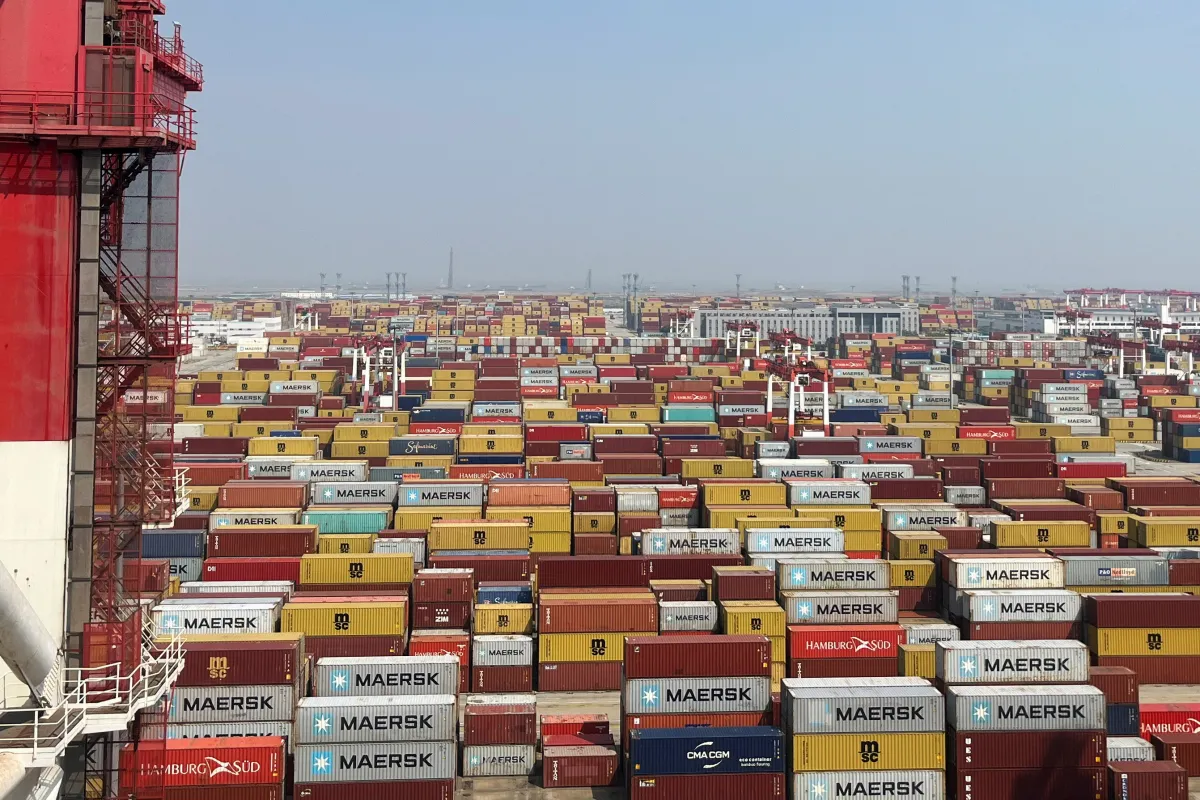
作者/Author(s): Daniel H. Rosen, Reva Goujon, and Logan Wright
網站來源/Source: Foreign Affairs
日期/Date: 12/17/2024
關鍵字/Keywords: 經濟、中國、貿易戰
摘要:
中國經濟因為房地產業崩盤以及 COVID-19 相關限制而陷入衰退。鑒於中國現今產能過剩,只有其他國家減少製造業投資,或北京擴大其在全球出口中的份額,中國經濟才有望復甦。中國的困境給了美國絕佳機會,能進一步限制中國,改革自身經濟安全機制。
中國的經濟困境
- 中國在房地產泡沫化後,更加依賴出口利益,加上國內消費降低,中國成為關稅和出口限制的目標。
- 中國在 2024 年實施了積極的刺激經濟措施,試圖解決現有問題,但這些措施需要時間才能實現,也有可能無法達成既定目標。
- 中國可以透過中介國家轉售產品,繞過西方的關稅和貿易限制。然而,美國可能會改變其貿易限制,阻止中國另闢蹊徑。
- 受限於美國技術管制、西方關稅以及疲弱的國內需求,許多公司開始將投資移出中國。
考量的重點
- 發達經濟體較樂於配合美國的「去風險化」(de-risking)政策,為了國家安全考量,降低對中國供應鏈的依賴。
- 中國很可能將出口轉向其他G-7工業國市場,因此這些國家正考慮採取更多先發制人的措施,防止美國對中貿易新關稅的影響外溢。
- 然而目前全球經濟高度失衡,先進國家必須建立更具永續性的製造能量,減少對地緣政治對手的依賴。
- 如果G-7突然完全切斷對開發中國家的進口,有可能大幅改變全球宏觀經濟結構,並對自身經濟造成反效果。
- 如果川普政府上任後採取高關稅,可能導致其盟友陷入經濟衰退,使「去風險化」策略更難成功。川普政府應考慮分階段實施關稅門檻,逐漸重塑全球供應鏈。
風險管理
- 雖然中國經濟出現問題,但北京可能會破壞美國重整全球經濟的努力。中國央行可能會透過人民幣貶值,干預的全球經濟布局。
- 新的關稅可能會進一步壓低中國商品的價格,使西方投資者更不願意替換現有的中國相關供應鏈。
- 中國可能利用美國盟友對川普孤立主義政策的不滿,透過胡蘿蔔與大棒的手段,一銅推翻美國的懲罰性措施。
- 北京也許已掌握了對川普政策進行反制的工具,但對其他先進經濟體則暫時無計可施。
Summary:
China's economy is declining due to the collapse of its property sector and COVID-19 pandemic-related limitations. Given China's production excess, China could only bounce back if other countries reduce their manufacturing investment or Beijing expands its shares of global exports. China's predicaments gave the US new opportunities to constrain China and reform its economic security.
China's Economic Predicaments
China's Economic Predicaments
- China became a target of tariffs and export restrictions due to its increased reliance on exports for revenue since its real estate bubble burst and lower domestic consumption.
- China implemented aggressive stimulus measures in 2024 to address its economic problems, but they will take time to materialize and may not achieve their objectives.
- Chinese could bypass Western tariffs and trade restrictions by reselling them through intermediary countries. However, the US may evolve its trade restrictions to stop China's workaround.
- Many companies diverted their investment away from China due to US technological controls, Western tariffs, and weak domestic demand.
Some Points for Consideration
- Advanced economies are happy to align with US de-risking policies and reduce reliance on China-centered supply chains for national security.
- G-7 members are considering preemptive measures to prevent the spillover of new US tariffs on Chinese products because China will most likely shift its exports to their markets.
- Yet, given the highly imbalanced global economy, advanced economies must build a sustainable manufacturing capacity that relies less on their geopolitical rivals.
- If the G-7 abruptly cut all imports from developing countries, they could drastically change the global macroeconomic structure, which may backfire on their economy.
- If the incoming Trump administration deploys a universal high tariff, it will cause a recession in its allies' economies, making de-risking harder. The administration should consider a stepwise approach in its tariffs to restructure the global supply chain.
Managing Risks
- Beijing could undermine the US's efforts to restructure the global economy despite its economic problems. Its central bank may intervene by depreciating its currency.
- New tariffs may further decrease Chinese goods' prices, discouraging Western investors from replacing its China-related supply chains.
- China may feed on US partners' frustration with Trump's isolationist policies, using carrots and sticks to overturn the US's punishments.
- Beijing may already have the instrument to retaliate against Trump's policies, but not to other advanced economies.
